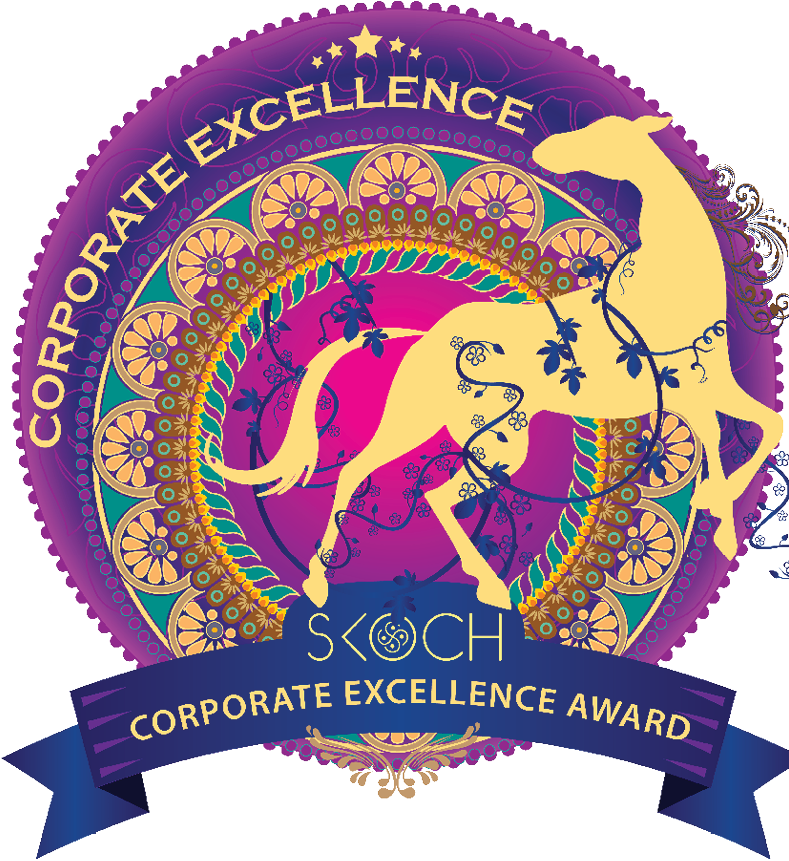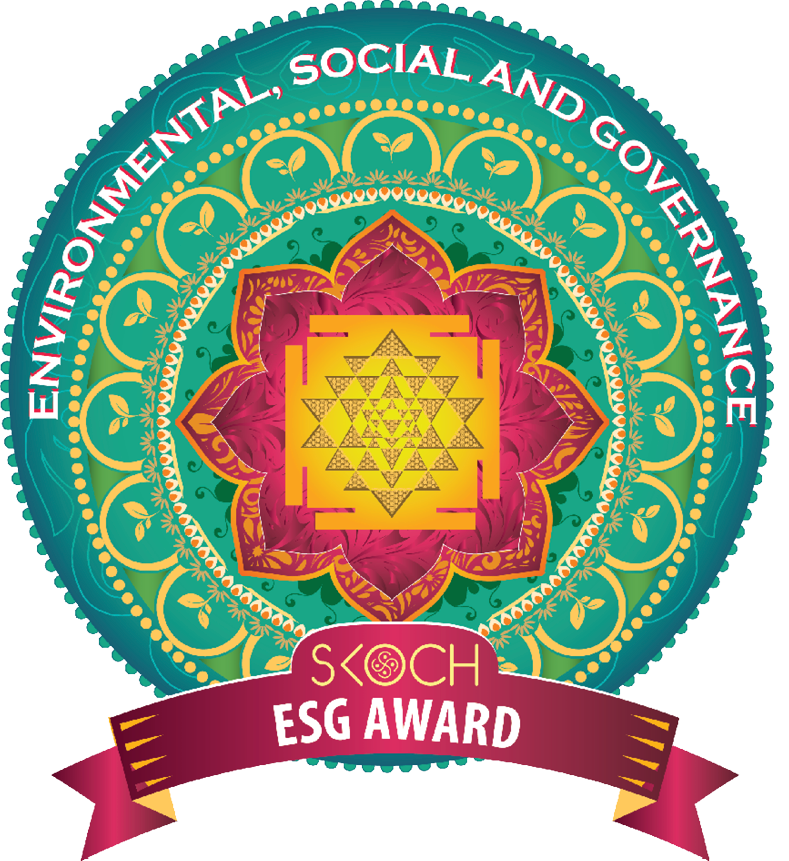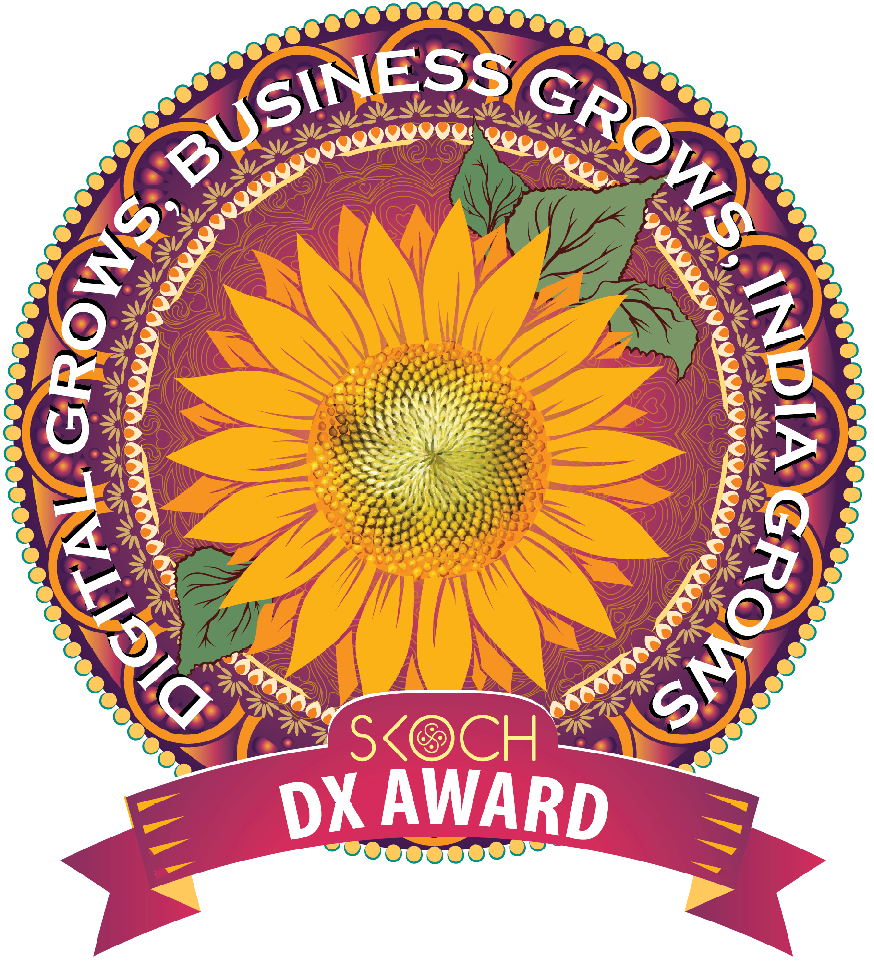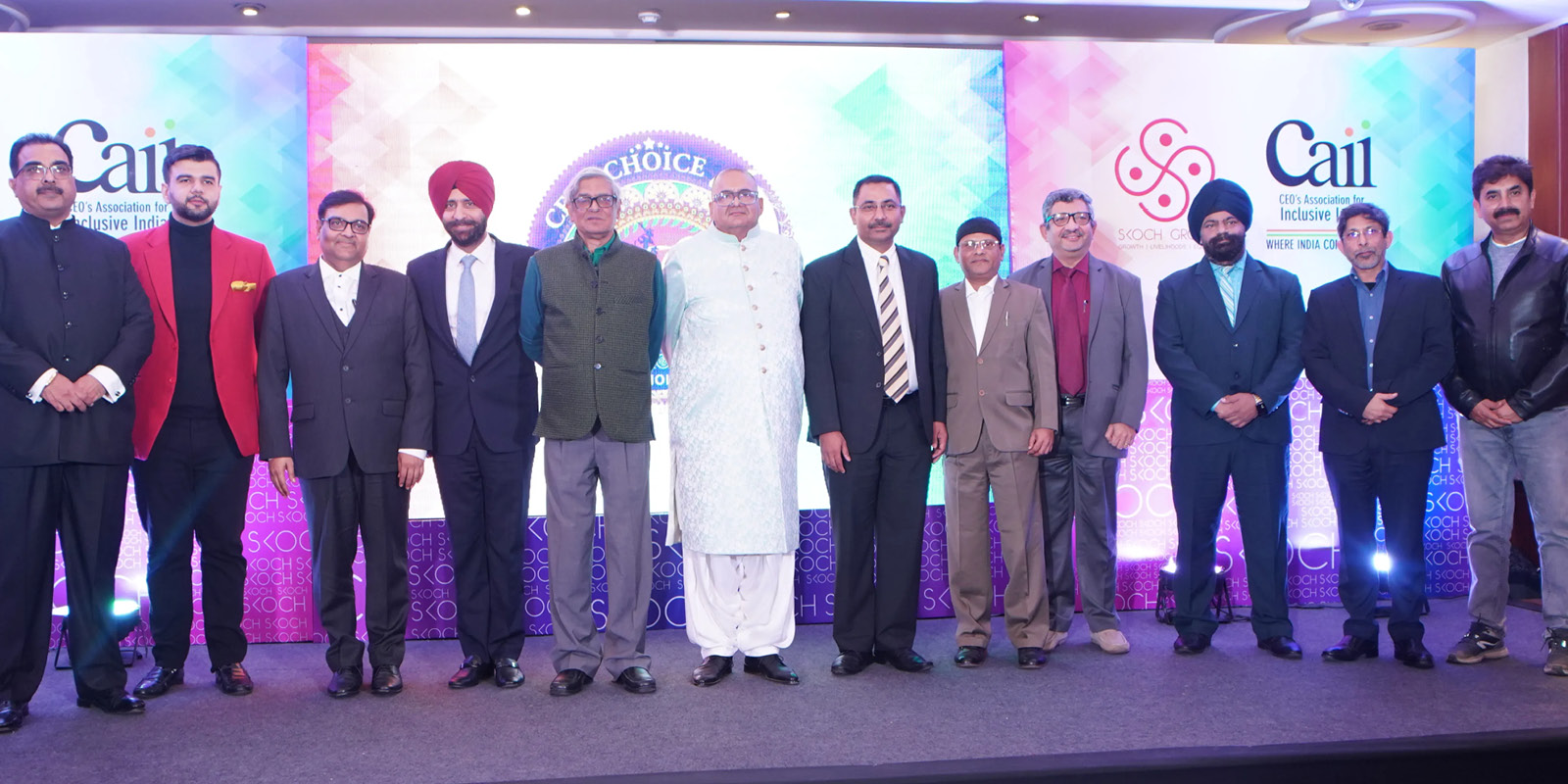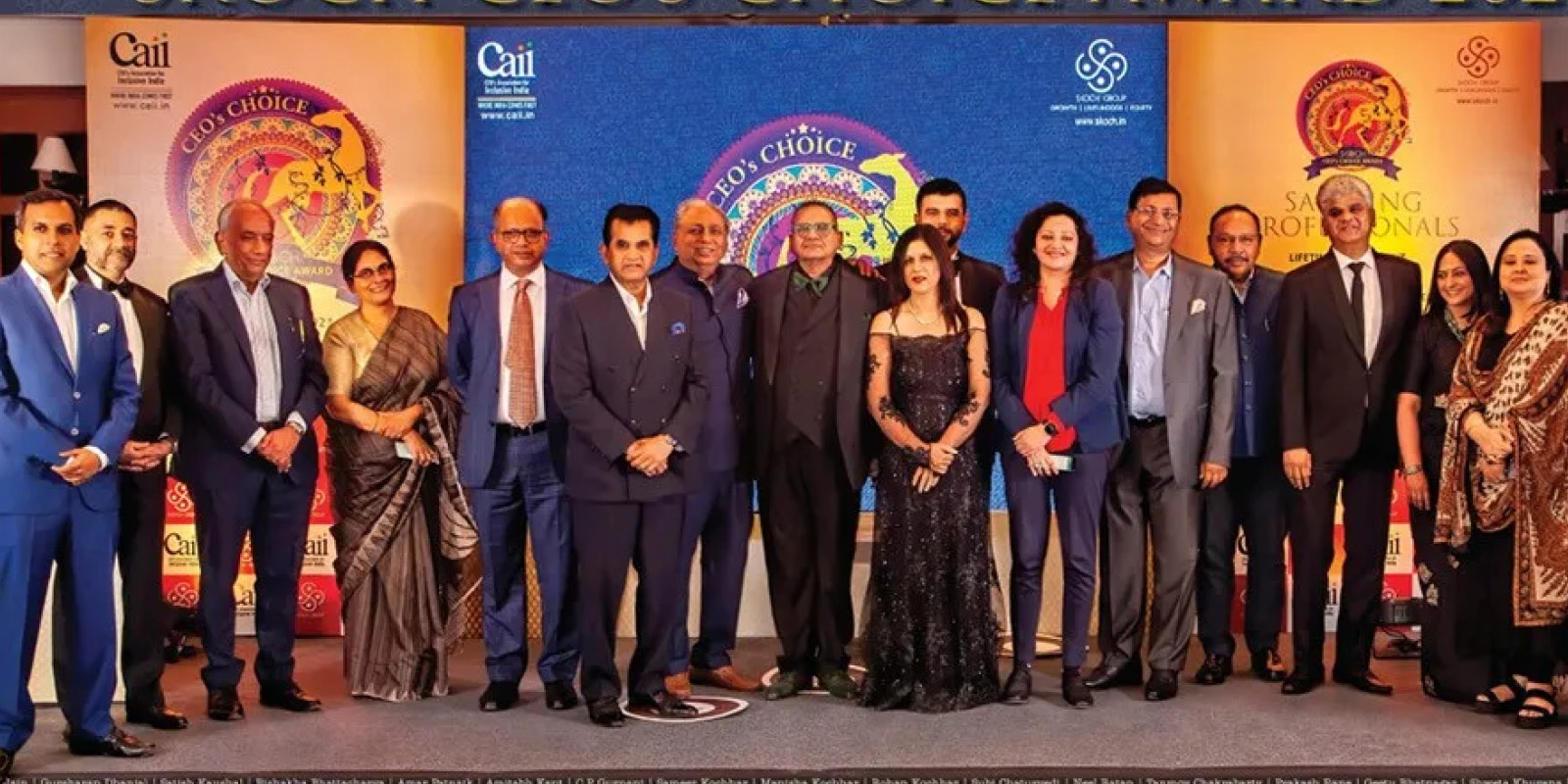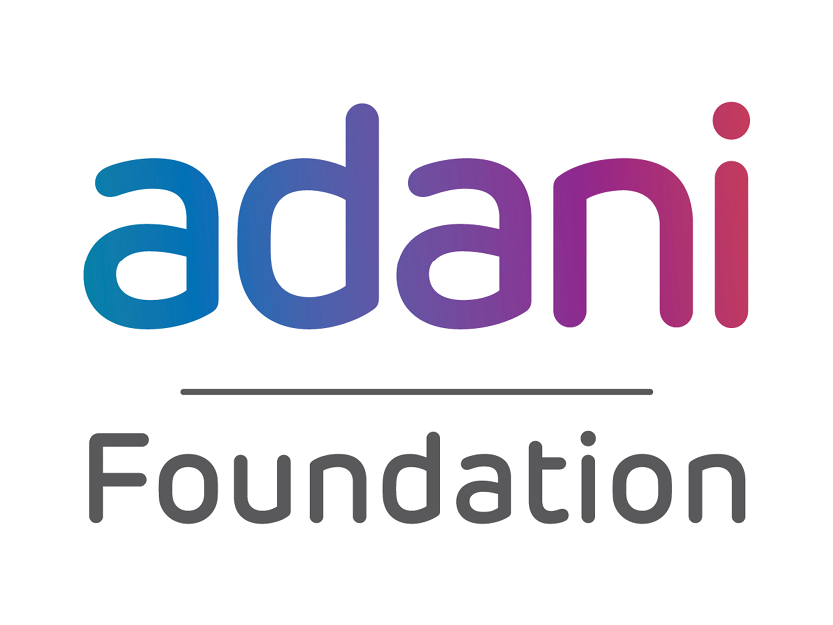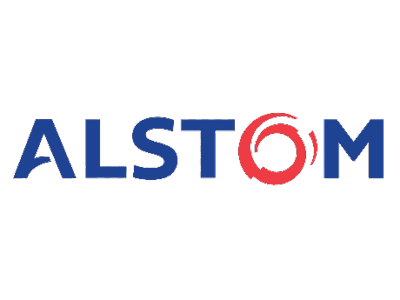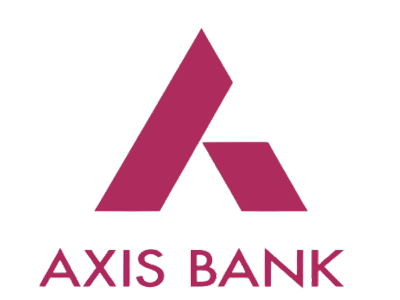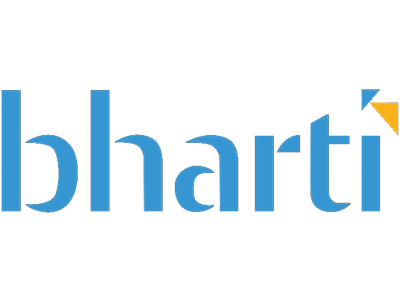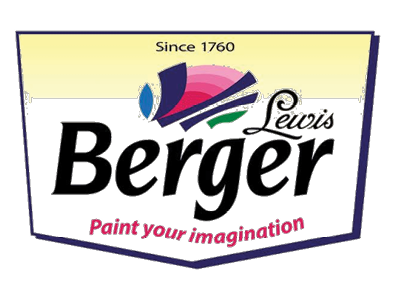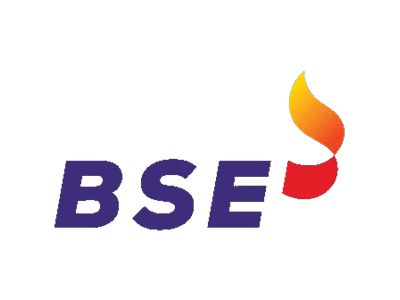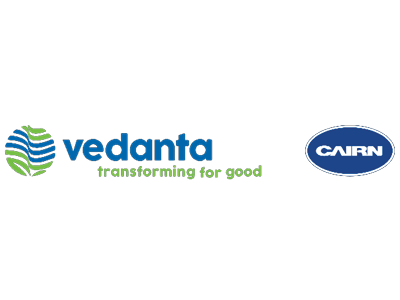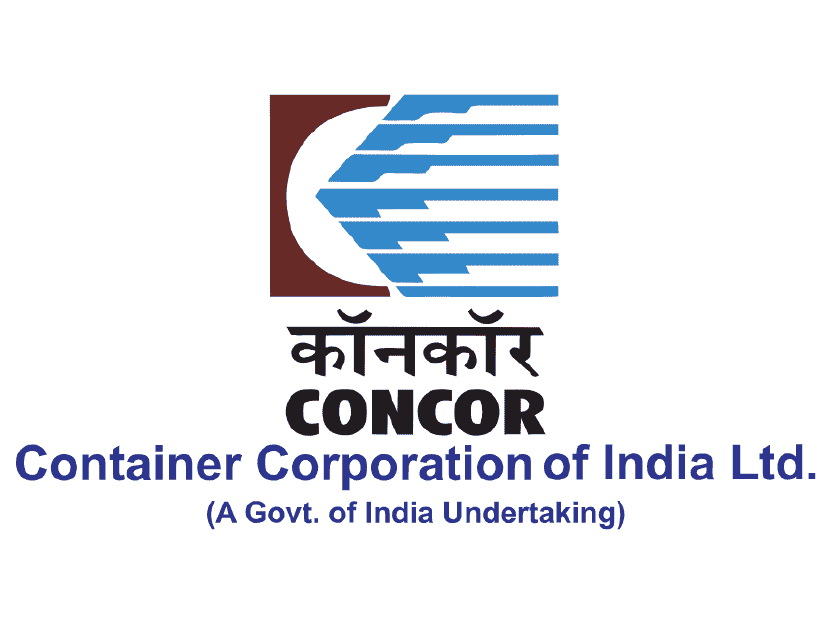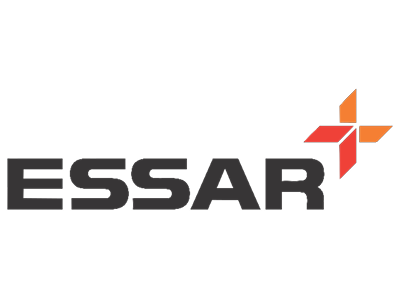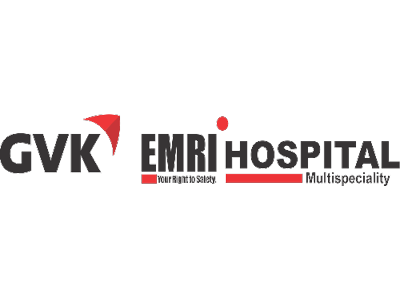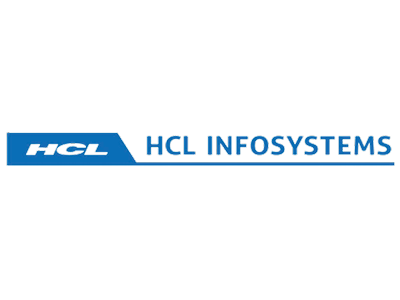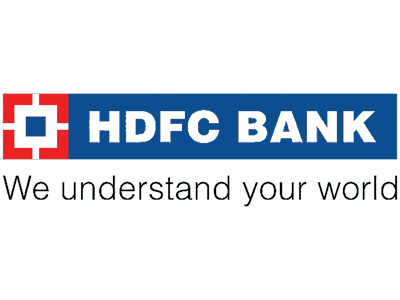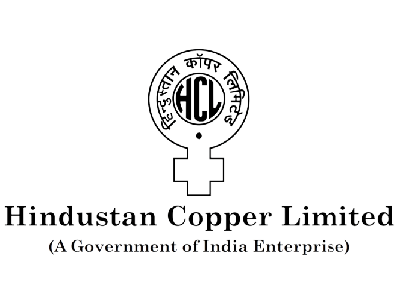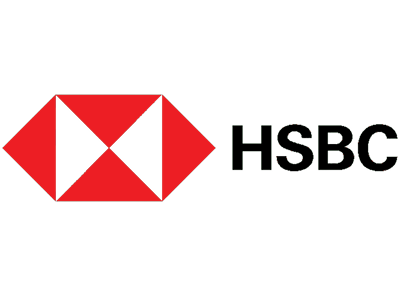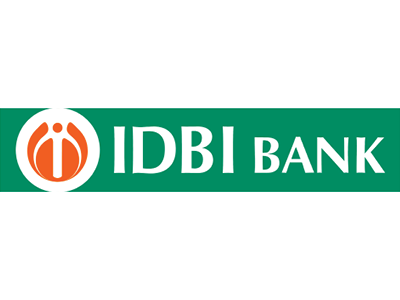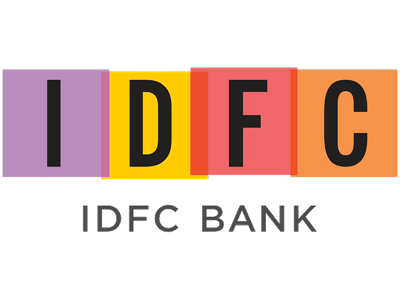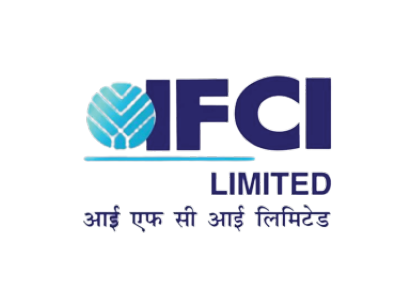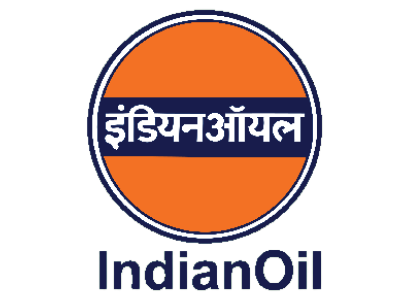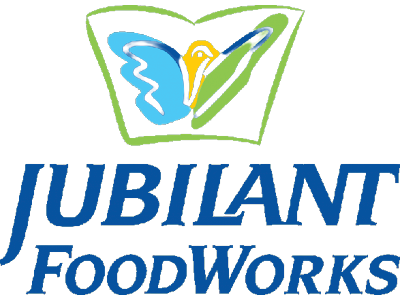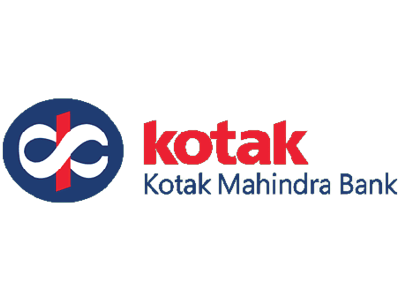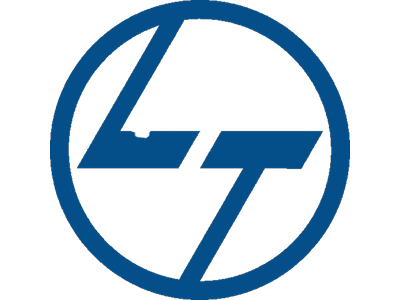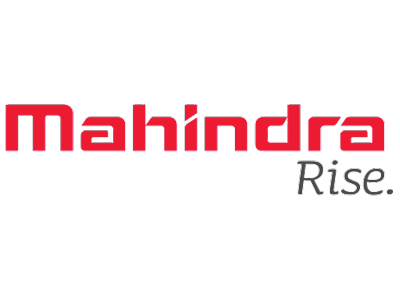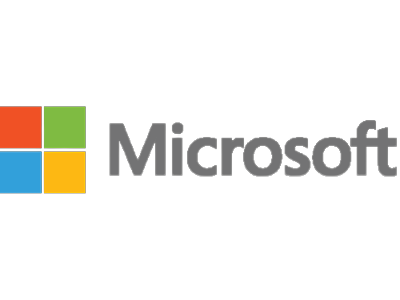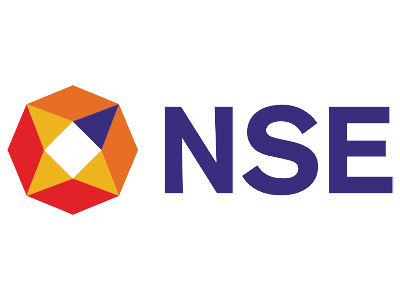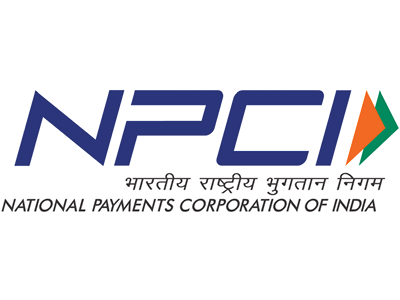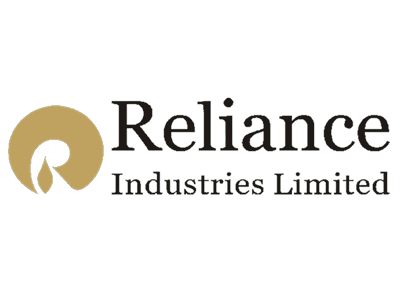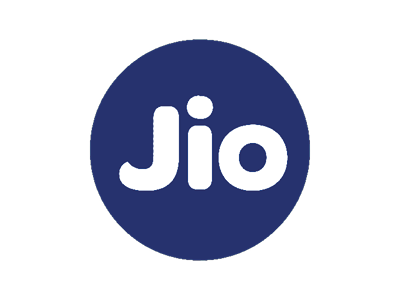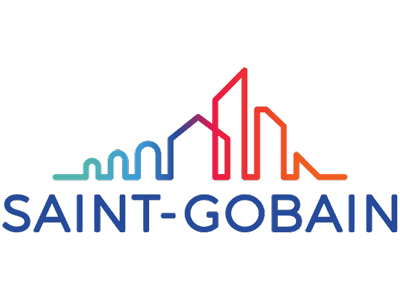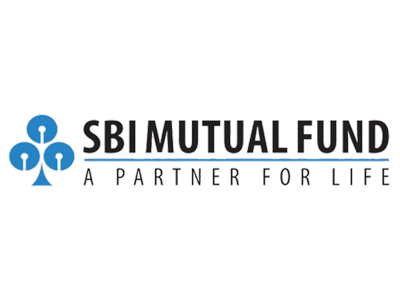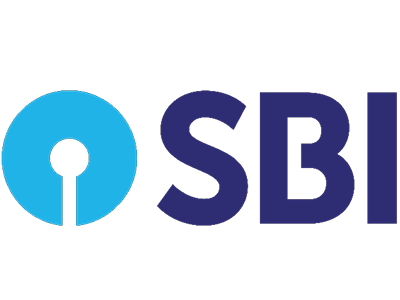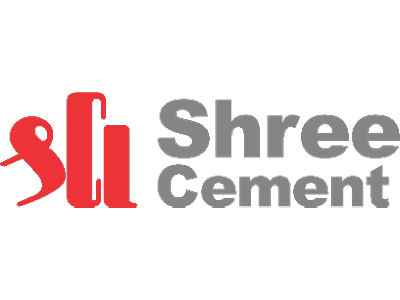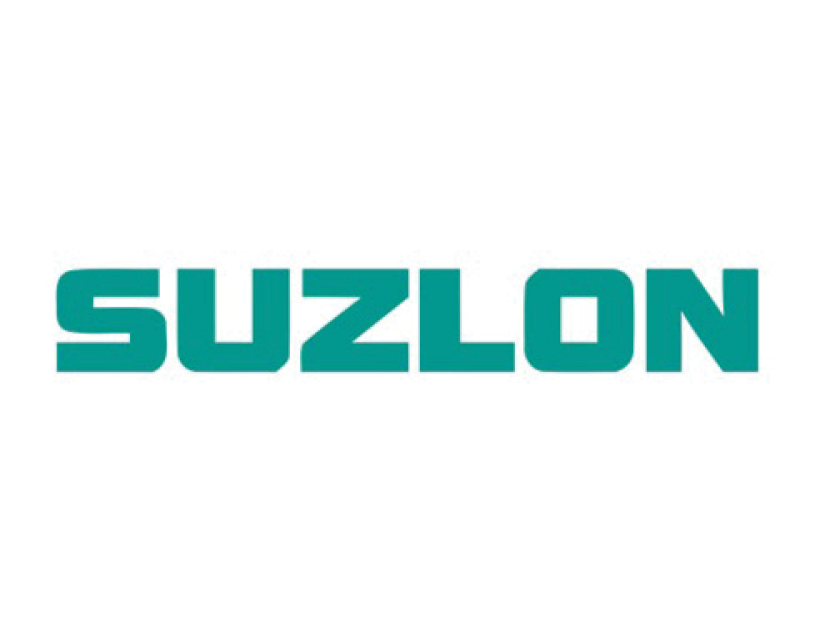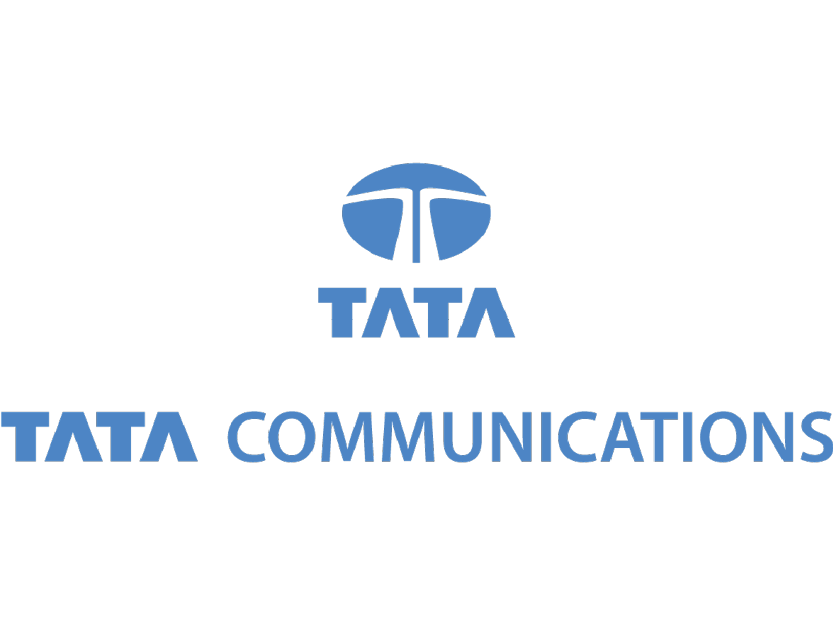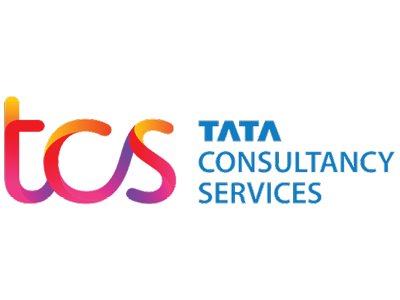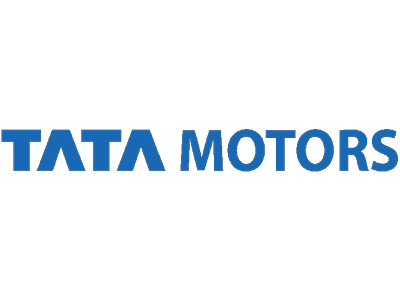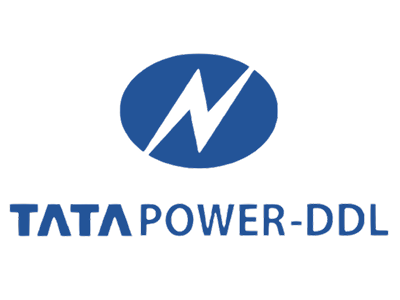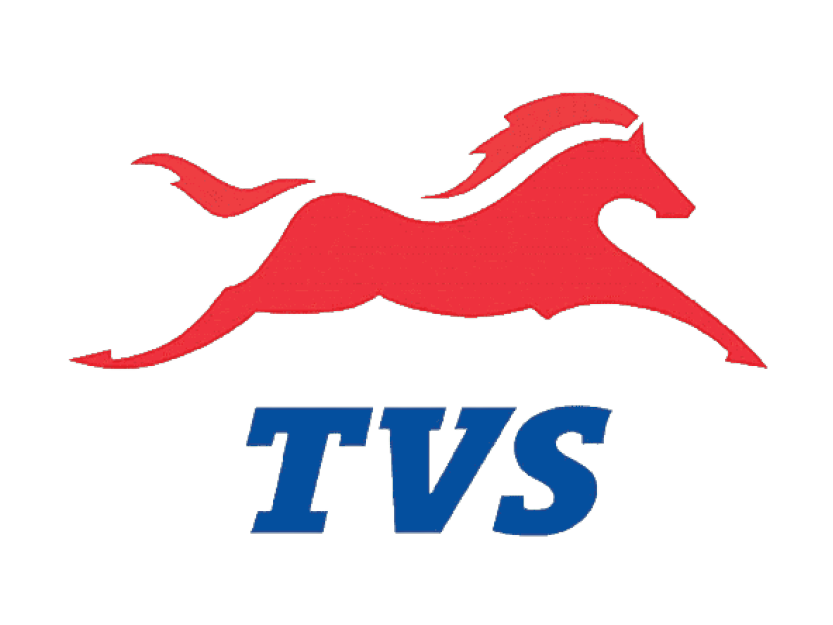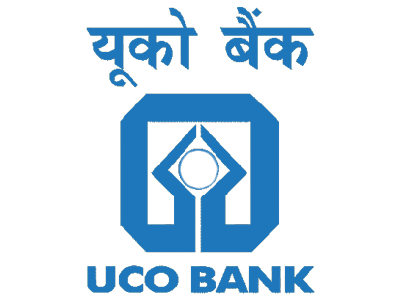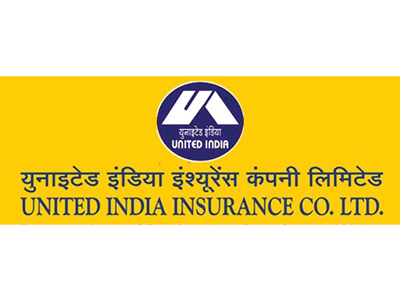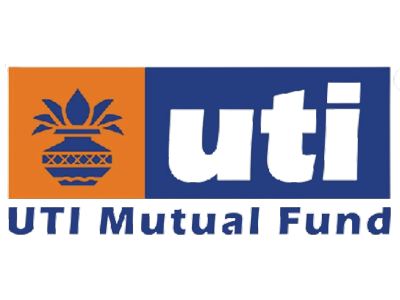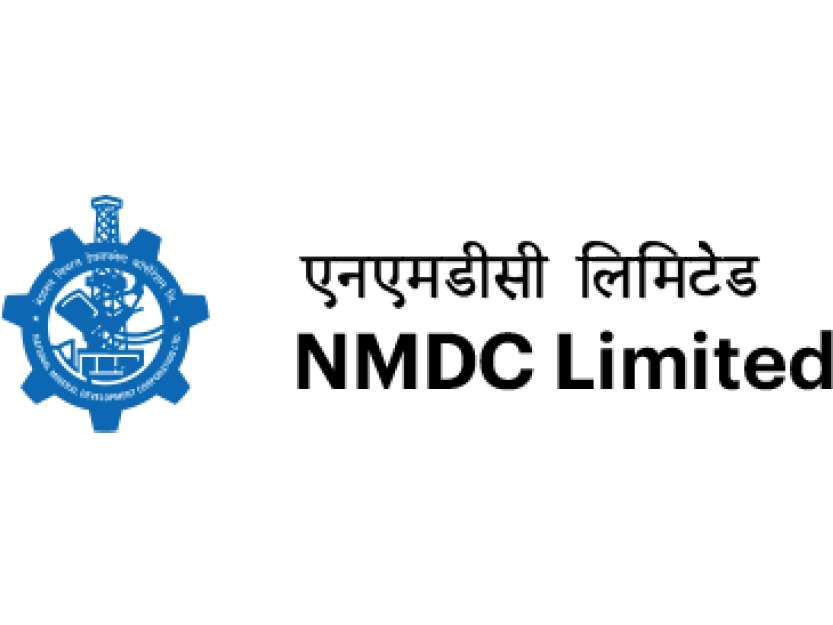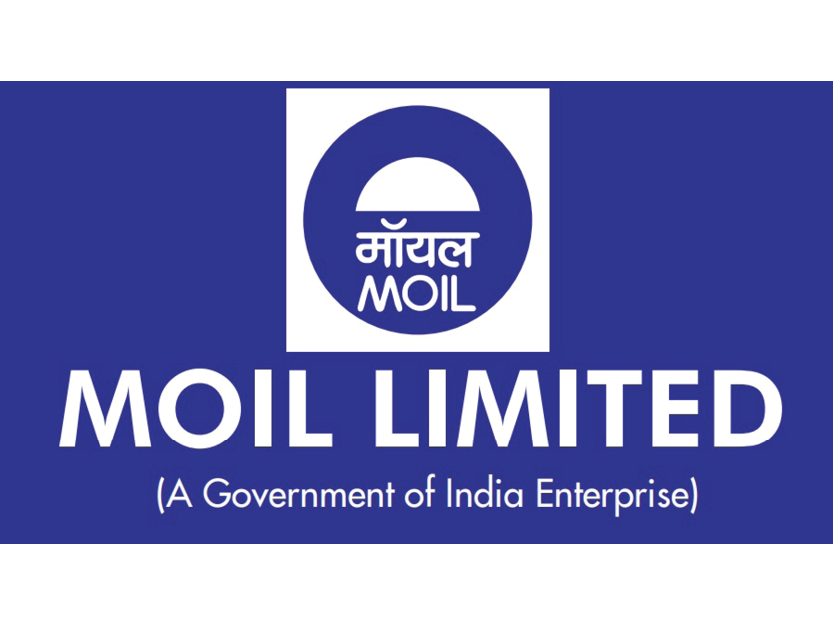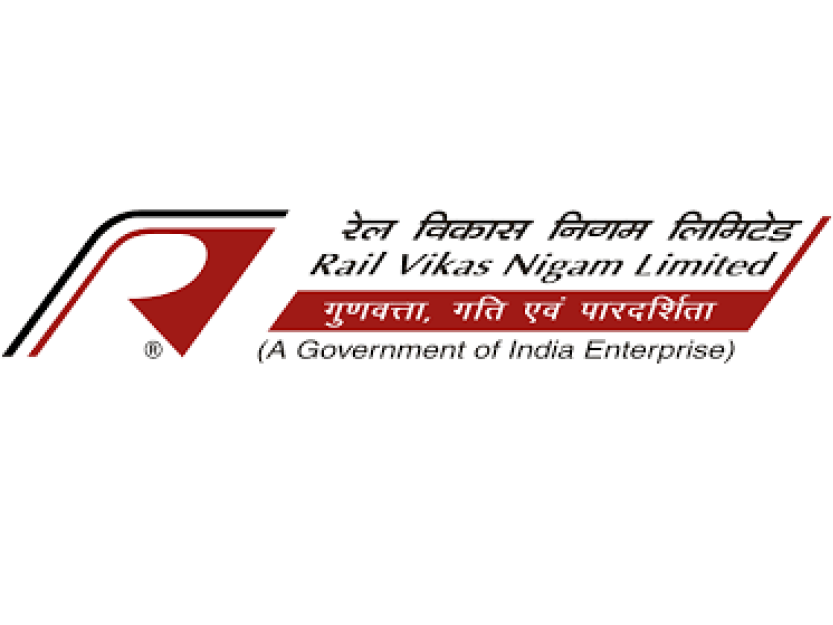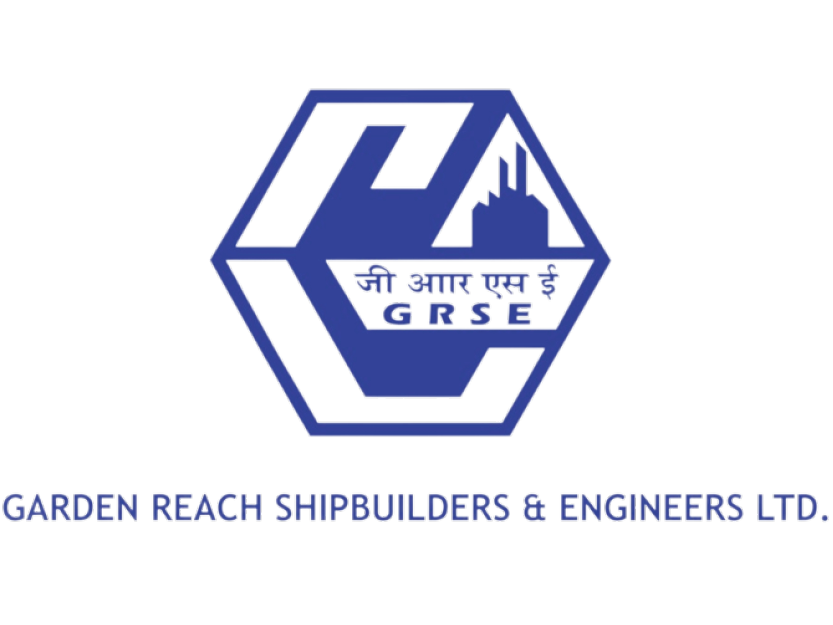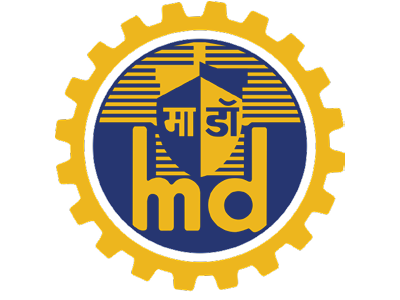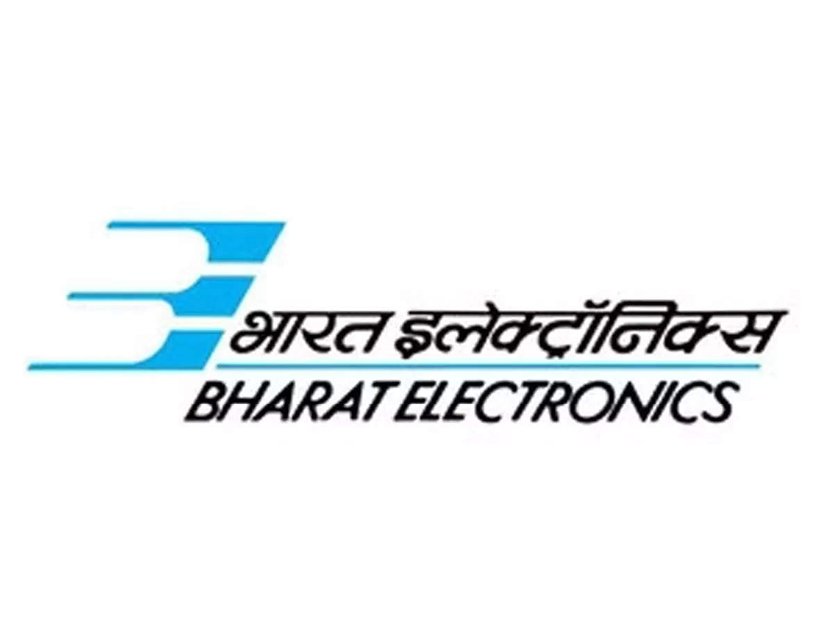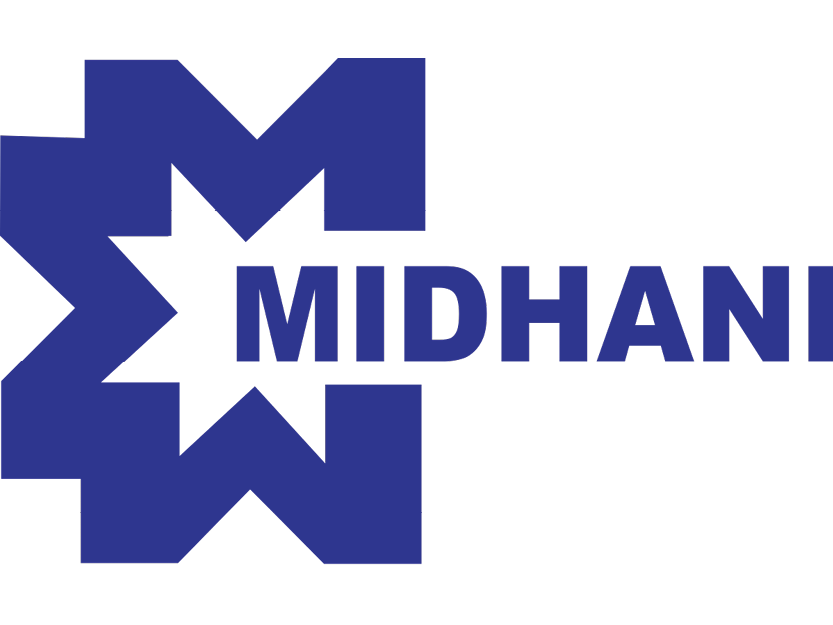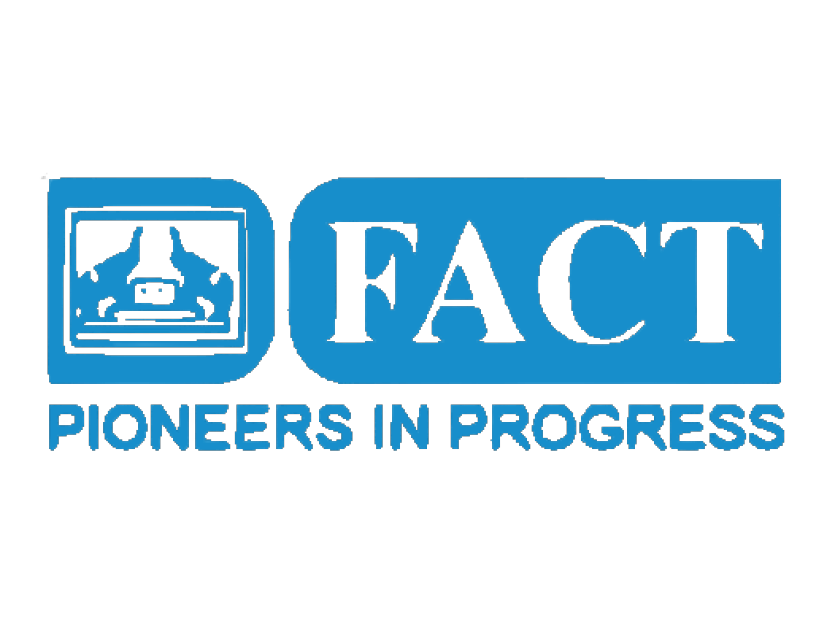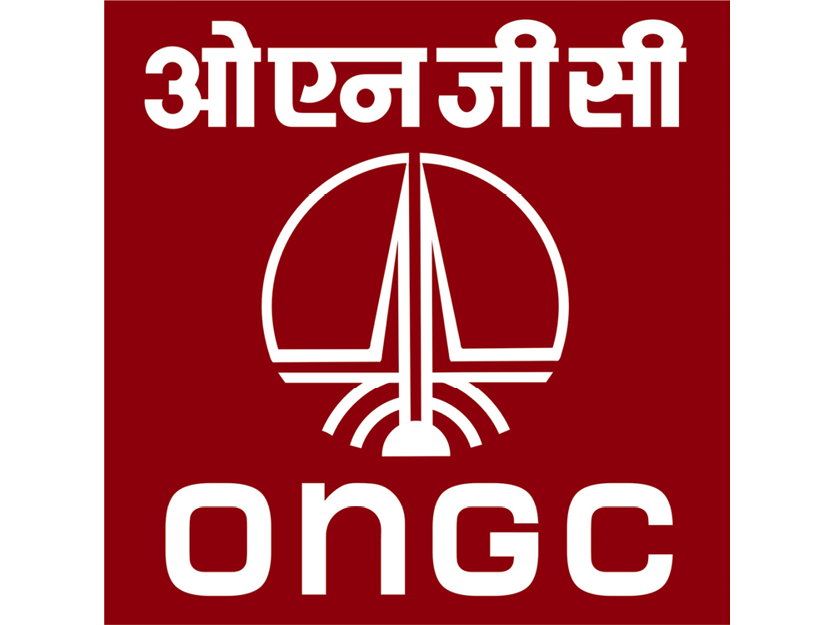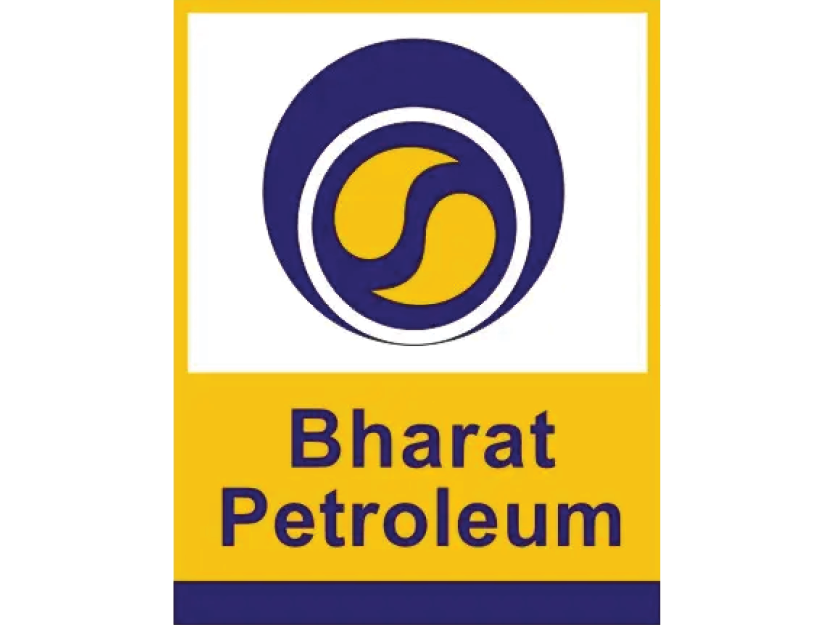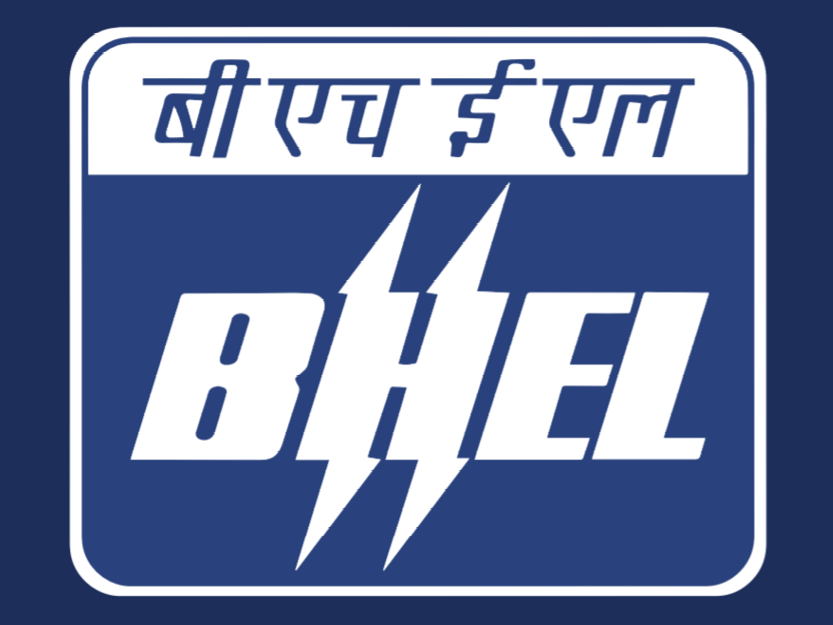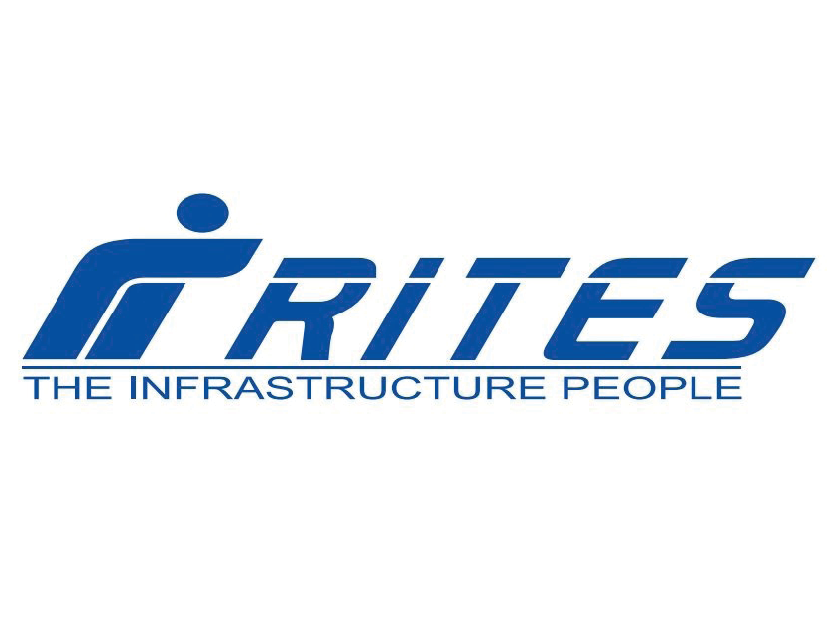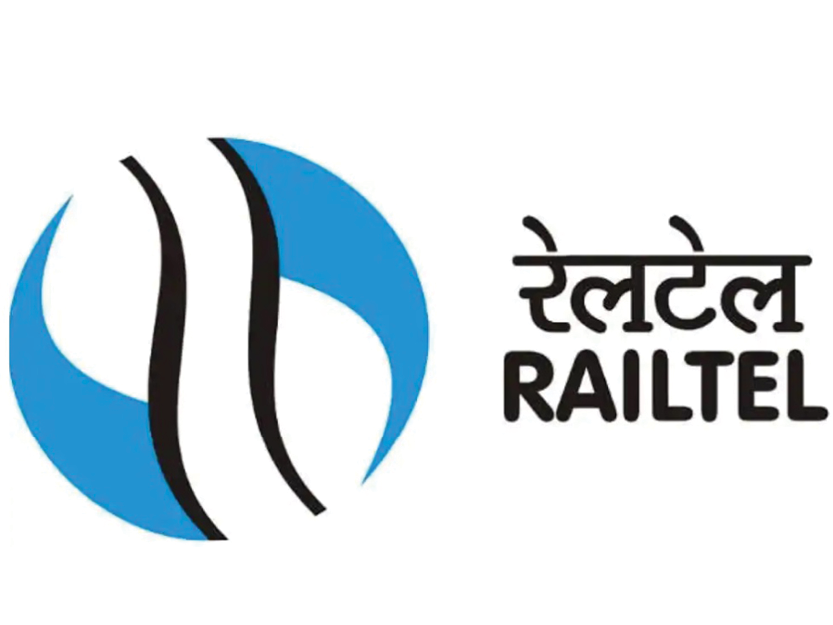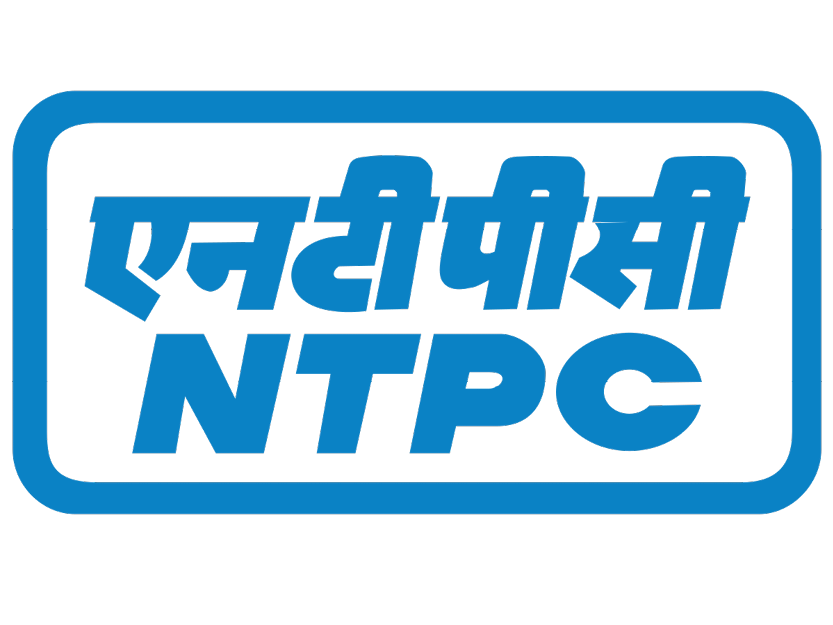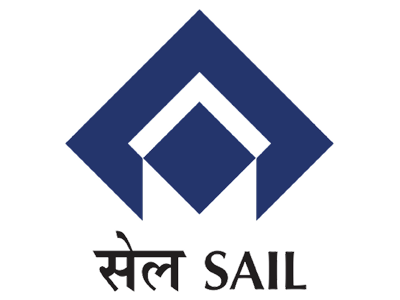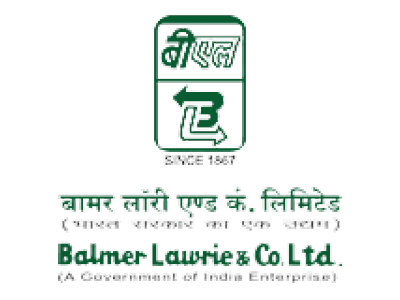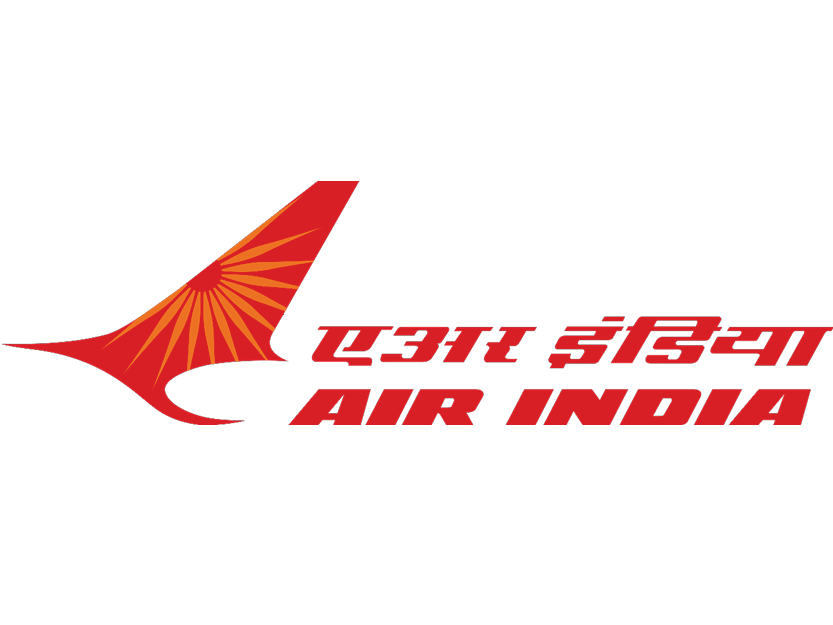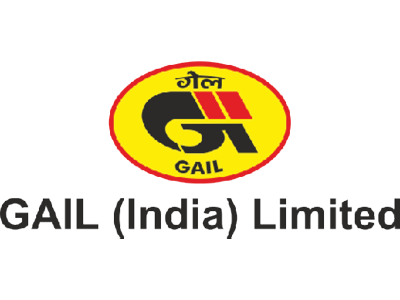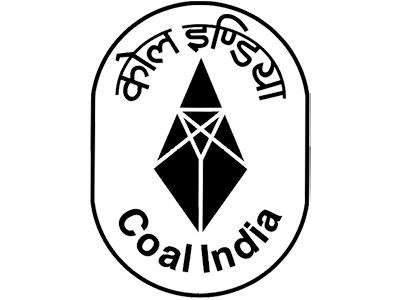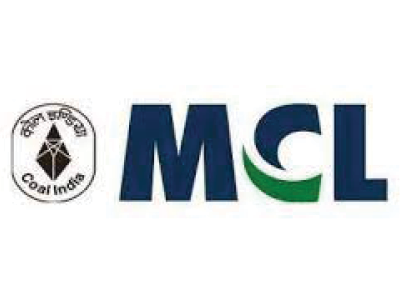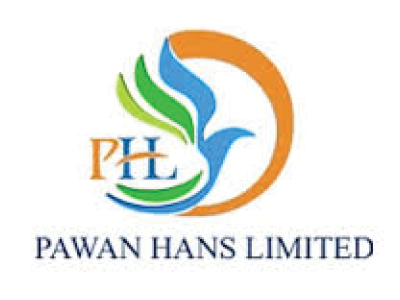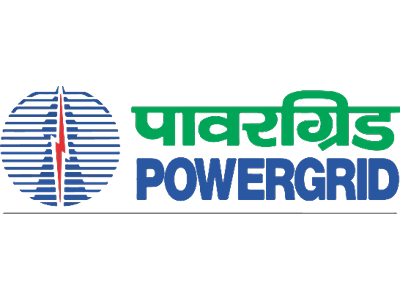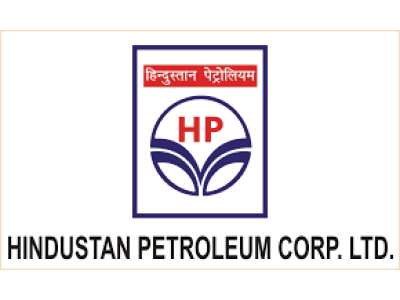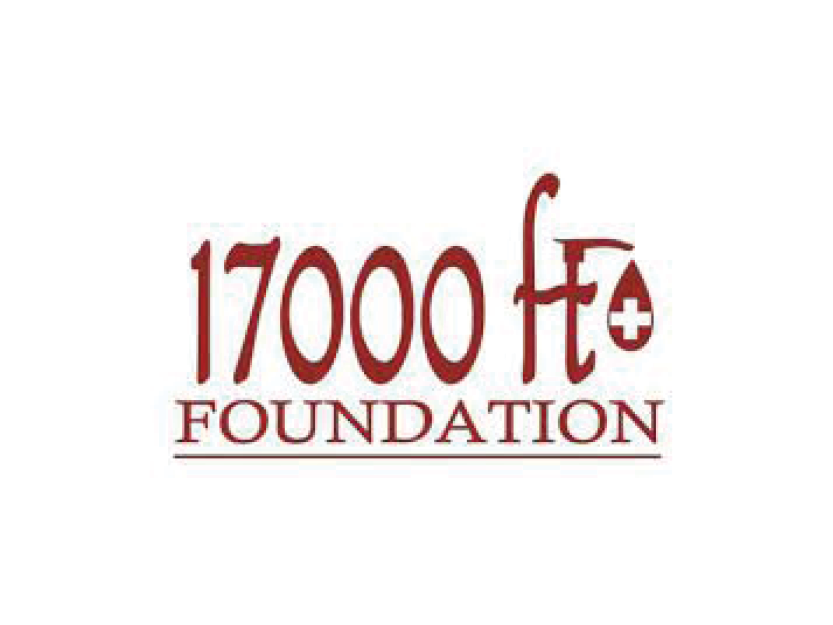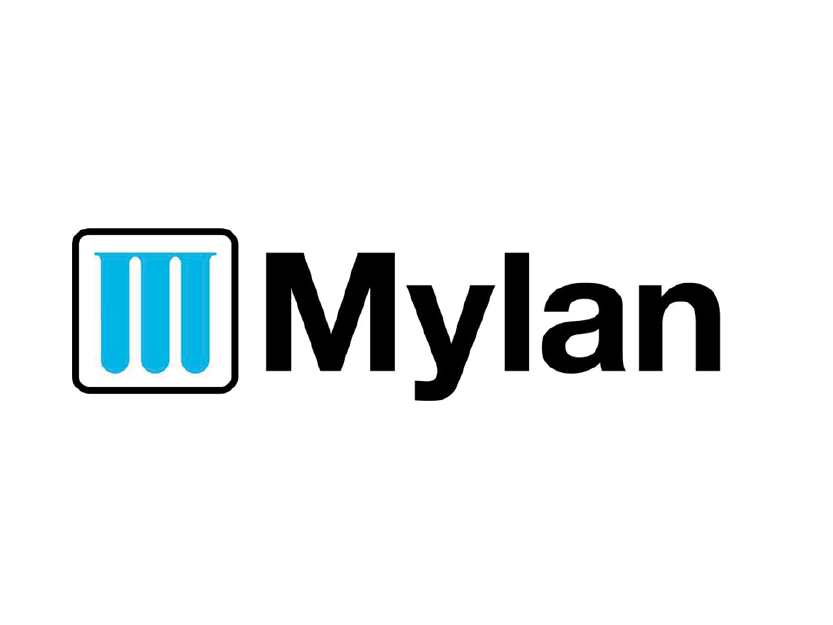
India Involved Assesment
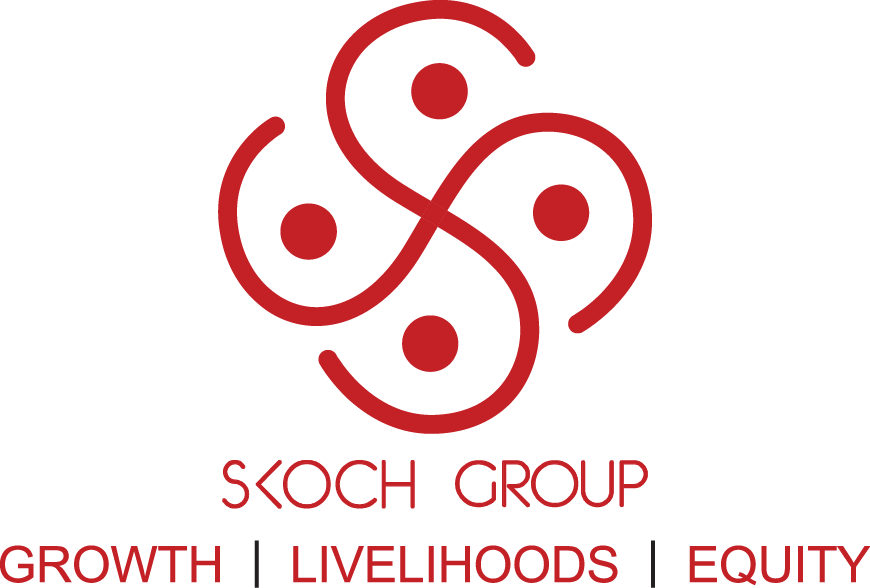 and
and 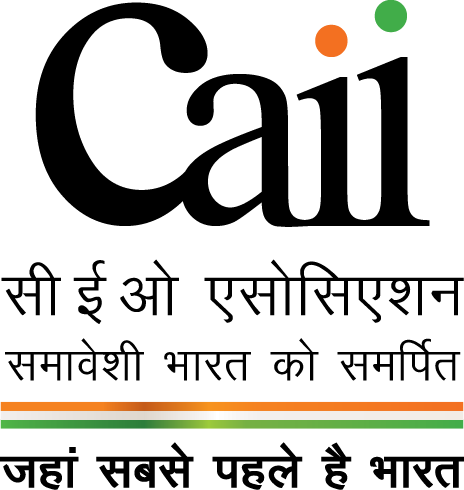
Inequality is as old as civilisation itself, and so is philanthropy as a response to counter it. It is only by reducing inequalities that Governments, as well as businesses, can stay relevant to the society that they serve.
Be it religious duty motives, good governance motives or business derisking motives, income redistribution, linkages to livelihood and the creation of public social infrastructure (e.g. health, education and so on) have always been the favoured route. There are vast geographical variations based on the ‘isms’ followed by a country, but the concept remains the same.
With its rich history and diverse culture, India has a long-standing tradition of giving back to society. Philanthropy and social service have been integral parts of Indian society for centuries. Businesses involved in philanthropy remained pretty pronounced and vibrant until the late eighties. Public opinion about the business and its owners was critical. In popular culture, evil businessmen were portrayed as exploitative with ill-gotten wealth (remember Roti, Kapda aur Makaan), and good businessmen were portrayed as philanthropists. Indian business conglomerates like Tata and Birla were perhaps the world leaders in corporate social responsibility even in the 1800s.
America saw the inception of business-based philanthropy only in the 1800s. It discovered the concept of Corporate Social Responsibility (CSR) in 1953 when Howard Bowen, an American economist, published a book called Social Responsibilities of a Businessman. CSR began to take hold in the US in the 1970s when the Committee for Economic Development declared the concept of ‘social contract’ in 1971. Only in the 1990s did the concept of CSR become mainstream in the USA.
Post-1991 reforms, India shifted gears to a more open market economy, and acts of philanthropy by businesses took a back seat. Wealth creation became a priority, though it remained concentrated in a few hands.
By 2004, the inequalities had become very pronounced and a socioeconomic challenge, making the then Prime Minister Dr Manmohan Singh talk about ‘Reforms with a Human Face’ and shift back to welfare, wealth redistribution and creation of schemes like Mahatma Gandhi National Rural Employment Guarantee Scheme (MGNREGS) that came into force in 2006, it took a further seven years to pass the National Food Security Act in 2013.
These policies came at a heavy cost to public finance and the economy. By the end of 2013, the Indian economy was terrible.
EVOLUTION OF ESG IN INDIA
A mandatory CSR was a policy response to let the private sector do its bit again – philanthropy was rediscovered in law. Corporate involvement in India’s inclusive growth was envisaged, and mandatory provisions of CSR became effective on the first of April 2014. It included areas such as Poverty Eradication, Hunger and Malnutrition, Swachh Bharat, Drinking Water, Environmental Sustainability, Maintaining Ecological Balance and the Protection of Flora and Fauna.
Before making CSR mandatory, the Ministry of Corporate Affairs (MCA) issued National Voluntary Guidelines on Social, Environmental and Economic Responsibilities of Business 2011. This aimed to achieve and contribute to broader developmental goals while seeking to maximise profits. Those were the early days of Environmental, Social and Governance (ESG) that Indian businesses were being made aware of.
Next, the MCA National Guidelines of Responsible Business Conduct,2018, required businesses to conduct and govern themselves with integrity and in an ethical, transparent and accountable manner. Additionally, it said to respect and work in the interests of all stakeholders, including its employees.
Under CSR, large businesses have contributed to philanthropy and shouldered their social responsibility, essentially an outward-facing engagement with society. The Government and SEBI focused on recognising and promoting CSR in Aspirational Districts. This program, having almost zero government budgetary support, has done well using purely CSR funding and intense monitoring as a strategy. There is a much faster decline in multidimensional poverty in aspirational districts, down to 26% in 2019-2021 vs 41% in 2015-16. SKOCH Group has studied and awarded several projects in these districts, and NITI Aayog has been recognised for the effort. This is the first time that the impact of CSR has been so visibly measured.
ESG AND INCLUSIVE GROWTH
There is a growing interest in ESG factors within the business, which focuses on investing, improving shareholder value, adopting ethical HR and sustainable practices. While globally, it is more about enhancing shareholder value as the key focus, in India, SEBI has incorporated India-specific challenges that need to be addressed in the guiding principles.
They have recognised Corporate India as a vital partner in India's Inclusive Growth story as a force multiplier to the government interventions. SKOCH has been the only organisation doing project-level impact assessments for the government and the private sector since 2000 and has created the largest repository of best practices.
The Securities and Exchange Board of India (SEBI), in 2020, mandated the top 1,000 listed companies by market capitalisation to submit the Business Responsibility and Sustainability Report (BRSR), increasing the disclosure requirements on ESG-related metrics.
Corporate India is comfortable with financial numbers; it finds communicating their socio-economic contributions and impact difficult. Therefore, ESG is often reduced to a coffee table book with numbers sprinkled with beneficiary photographs, happy faces, and nothing else.
Corporations also need help figuring out what kind of interventions may be poverty-reducing and impact communities that matter to them. This is where our two decades of work in these areas come into play.
MEASURING IMPACT
Over the years, we have constructed a cumulative index of improvements in Governance and have reported incremental progress every year after that. Similar indices are available for Financial and Digital Inclusion from SKOCH Group and have been widely appreciated and accepted. This is the measurement approach that SEBI is suggesting for the Ratings Agencies. We are the only organisation in the private sector with this demonstrated capability based on project-level findings.
Two options were open for us to contribute to the growth of ESG. One, we could become an ESG Ratings agency; two, we could be consulting for Corporations to structure and report their ESG efforts more meaningfully.
We chose the latter because we found more significant capacity gaps in the consulting space. The gap is not only in the socioeconomic impact assessment capabilities but also in understanding the country’s development priorities that businesses may need to align with for enlightened self-interest. Inequities often take shapes and forms that adversely impact business through state intervention, civil society pushback, protests, etc. Similarly, climate is emerging as one of India's most significant business risks.
INDIA INVOLVED INDEX
This is where we find a gap in a purely ESG approach advocated by the West. If India has to become a developed country by 2047, we will require spatially dispersed, job-generative, equitable and sustainable growth (it is equally valid for most of the global south). This Mr Sameer Kochhar, Chairman, SKOCH Group and his fellow authors have argued in his recent book “India 2047 – High Income with Equity.”
Two significant gaps are in looking at the Total Economic Impact of the Corporations through their Corporate Excellence evaluation and two, in studying their Digital Transformation to assess how they are going population scale, digitally including the marginalised economies and communities, crashing transaction costs and doing so securely and in compliance with the privacy regime.
A high degree of granularity and study in Corporate Excellence, Environmental, Social and Governance, and Digital Transformation is required to create what we call the “SKOCH India Involved Index”, which serves to show the level of corporate commitment to India and the extent, the de-risking of its Indian business by contributing holistically to the challenges being faced by the country and its people becoming an accelerator for Inclusive Growth of India.
This will also help create a knowledge repository of best practices and case studies in each of the above areas that can be taken note of and learnt from by corporations trying to chart the same terrain.
The India Involved Index would serve a much broader purpose towards achieving the defined goals of India 2047, with ESG being a critical subset. It is not intended to be an ESG Rating; Corporations can use the documentation created to make a better case for their socio-economic impact with the SEBI regulated Ratings Agency they may choose. It would make a meaningful addition to ESG reporting and disclosures.
Our methodology includes Assessment, Documentation, Award, Information, Education and Communication.
Categories
Past Forums
SKOCH Awardees*
* All brand logos above are registered trademarks or trademarks of their respective companies/organisations.
* These are some of the past awardees. Full list can be viewed at Past SKOCH Awards page.
About SKOCH Group
SKOCH Group is India’s leading think tank dealing with socio-economic issues with a focus on inclusive growth since 1997. SKOCH Group is able to bring an Indian felt-needs context to strategies and engages with fortune-500 companies, state owned enterprises, government to SMEs and community-based organisations with equal ease.
Phone: 0124-4777444Email: info@skoch.in
Our Mission
The repertoire of services include field interventions, consultancy, research reports, impact assesments, policy briefs, books, journals, workshops and conferences. SKOCH Group has instituted India's highest independent civilian honours in the field of governance, finance, technology, economics and social sector. The group companies include a consulting wing, SKOCH Consultancy Services Private Limited; a media wing, SKOCH Media; and a charitable foundation, SKOCH Development Foundation.



